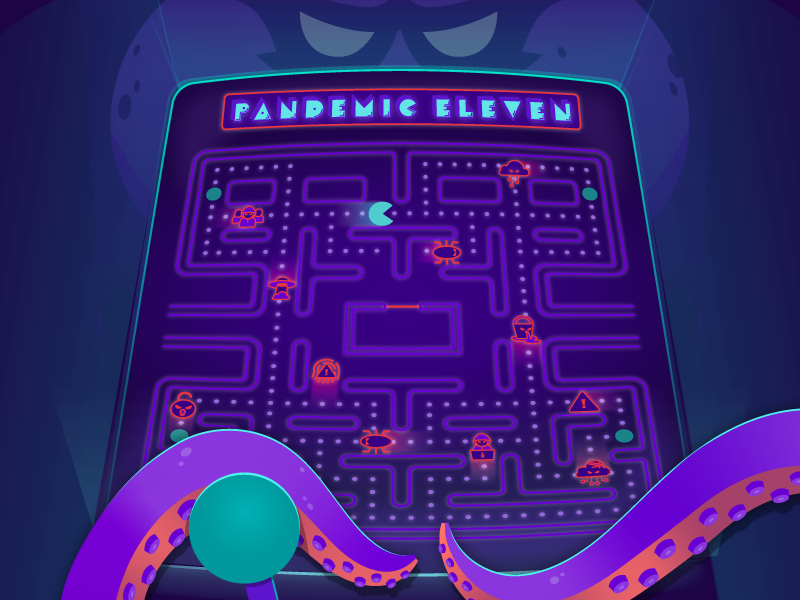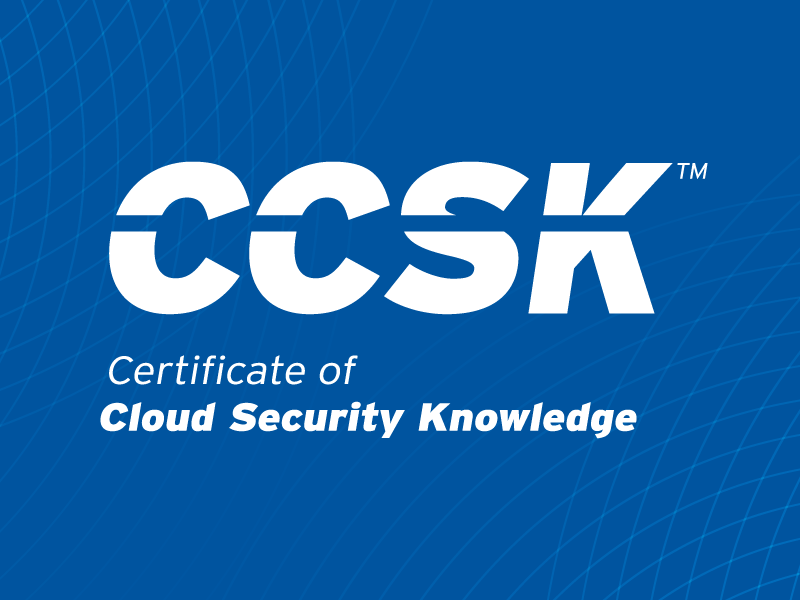How Can Busy CISOs Avoid Occupational Burn-Out?
Published 06/20/2023
Originally published by TrueFort.
How to avoid burning out at work if you’re a busy CISO
As Chief Information Security Officer (CISO), you are responsible for securing your organization’s sensitive data and systems. The job can be demanding and stressful, with long hours, tight security budgets, and the daily pressure of constantly growing and evolving threats. You’re expected to lead a team towards a digital business future during a worldwide skill shortage – known in human resources circles as “The Great Resignation.” The buck, basically, stops with you – And that’s not easy.
In last year’s 2022 Global CISO Survey [Heidrick & Struggles], it was revealed that stress and burnout are major professional risks that are quashing enthusiasm for the top cybersecurity roles. Yes, it is essential to take your job seriously, but it’s also important to take care of yourself and avoid professional exhaustion.
Professional burnout is a state of physical, emotional, and mental exhaustion caused by prolonged stress. It can lead to feelings of cynicism, detachment, and a lack of accomplishment, as well as physical symptoms such as fatigue, headaches, and insomnia. Burnout can affect work performance, but also your personal life and overall well-being.
This, combined with a sense of reduced accomplishment and loss of personal identity, is often cited as “occupational hazards” of the CISO role. Thankfully, it doesn’t have to be this way. Attitudes to work/life balance and mental health have changed for the better over the last decade, and asking for help with well-being in the workplace is now met with
greater understanding.
Here are a few tips to help you avoid professional burnout as a cybersecurity leader:
- Prioritize self-care: Make sure to take care of your physical and mental health. Get enough sleep, exercise regularly, eat a healthy diet, and take breaks when needed. It’s more important than most of us think to take time to relax and unwind.
- Maintain a healthy work-life balance: Set boundaries between your work and personal life. Don’t let work consume all of your time and energy. Make time for your family, friends, and hobbies. Schedule some time for yourself each week to do something you enjoy, like reading, listening to music, defocusing by walking the dog, or learning something new.
- Manage stress: Try to recognize the signs of stress and take steps to manage them. This might include deep breathing exercises, meditation, or yoga. The modern concept of mindfulness can be a big help in managing mental health.
- Network and Connect with other peers: Build relationships with other CISOs and security professionals. Share knowledge and best practices, and get support from peers who understand the challenges of your job.
- Stay current with new technologies and threats: Stay informed about the latest cyber threats and technologies to help you stay ahead of potential attacks. But also limit the time you spend on reading the news and on social media.
- Avoid burnout by delegating: Delegate tasks and responsibilities to other team members when appropriate. This can help you manage your workload and reduce stress.
- Make use of time-saving tools, and automate: Tools that perform constant monitoring and protection, give clear and concise actions, and do not spam you with pointless alerts, are essential in trimming down the noise and the number of unnecessary actions during or after any attack. Breaches happen, use lateral movement protection to contain them and get visibility into the likes of service accounts and application relationships.
- Seek professional help if needed: If you feel you are experiencing burnout, it is important to seek help. You can talk to a therapist, counselor, or employee assistance program (EAP) to help you cope with the stress and pressure of your job.
Being a CISO is a challenging job, but it is essential to take care of yourself and recognize the symptoms of stress.
Remember to prioritize self-care, maintain a healthy work-life balance, manage stress, network with your colleagues and peers, stay in the loop about new technologies and threats, delegate tasks, take time for yourself, investigate automation and lateral movement protection, and seek professional help if needed. By taking these steps, hopefully, you can help protect yourself and your organization from the negative effects of a demanding and sometimes stressful job.
We’re no experts, but there are plenty of experts you can talk to and places to reach out for more help and suggestions. Let’s all be careful out there.
Unlock Cloud Security Insights
Subscribe to our newsletter for the latest expert trends and updates
Related Articles:
The Great Divide: How AI Is Splitting the Cybersecurity Landscape
Published: 02/12/2026
Introducing the AI Maturity Model for Cybersecurity
Published: 01/08/2026





.png)

.jpeg)
.jpeg)
.jpeg)